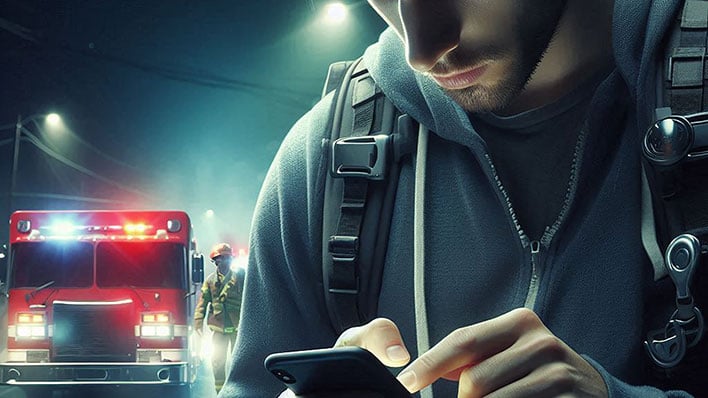
After Hurricane Rita nailed Southeast Texas in 2005, the worst part for residents like the author was the inability to contact friends and family to both make sure they were okay and also reassure them of our safety. Now, over a million folks in Florida are still struggling with the same sort of state in the wake of Hurricane Milton.
If you’re reading this site, you clearly have internet access, but if you’re ever stuck in a situation where you don’t and you need to contact others, you can use a recent iPhone or Pixel device to contact people using emergency satellite services. It’s exactly what it sounds like: you can communicate via satellite directly from your smartphone, even when cellular services are down.
To be clear, this won’t work on every device. You will need an iPhone 14, 15, or 16, and ideally one that that has been updated to iOS 18. Alternatively, a Pixel 9 device can work—although the Pixel’s support for these features is relatively limited compared to Apple’s. For that reason, we’ll cover it first.
Satellite SOS Messaging On Google’s Pixel 9
If you’re somewhere that you can’t get cellular or Wi-Fi service, you can still contact emergency services using a Pixel 9 device, including the Pixel 9, Pixel 9 Pro, Pixel 9 Pro XL, and Pixel 9 Pro Fold. They do this using satellite connectivity, so you’ll need to make sure that you’re outside under clear skies if possible.
First, make sure Google Messages is your default messaging app. Then, dial 911, and if there’s no service, you should see a Satellite SOS option. Tap it, and then hit Start. The device will ask you to fill out a form about your emergency, and if all goes well, you’ll be connected to emergency services via text messaging. The phone should pop up a screen to help you point your phone most optimally at the satellite.
Keep in mind that this is strictly for use in emergencies, as it does connect you to emergency services. You can think of it just like dialing 911, except that text messaging requires drastically less data transfer compared to a voice call, so it’s easier to do over an extremely limited satellite link. This ain’t Starlink, kids.
Emergency SOS Messaging On Apple’s iOS 18
On the iPhone 14 and later, you can use a very similar feature to the Pixel’s function without cell service or Wi-Fi. It works basically the same way — dial 911, and if the call doesn’t go through, the phone will give you the option of “Emergency Text via Satellite.” (You can also get there in iMessage, by texting 911.)
However, iOS 18 introduces a new feature simply called Satellite Messaging. There’s some setup involved before you can use it; you’ll need to have everyone involved in the conversation upgraded to iOS 18, and then everyone has to be in the same Family Sharing group, or marked as an emergency contact in the Health app.
Once that’s all set up, simply go to the Messages app when you don’t have cell service or internet access via Wi-Fi, and it should prompt you to “Use Messages via Satellite.” Tap that, and instructions should pop up explaining how to connect. You might have to walk around a bit outside to get a decent connection, and it may take minutes for a single text to send. Anyone you message will get a notification that you’re using Satellite Messaging.
Once again, these features are not meant to be simple convenience functions for when you’re stuck somewhere out of town and miss your girlfriend. Both the iPhone’s Satellite Messaging and the Pixel’s SOS Messaging are emergency features, meant to be used when you are in a life-threatening situation, such as being lost in the woods or after an auto accident. It’s great that these companies have added these features to protect their users’ safety, but it’s important to use them responsibly.